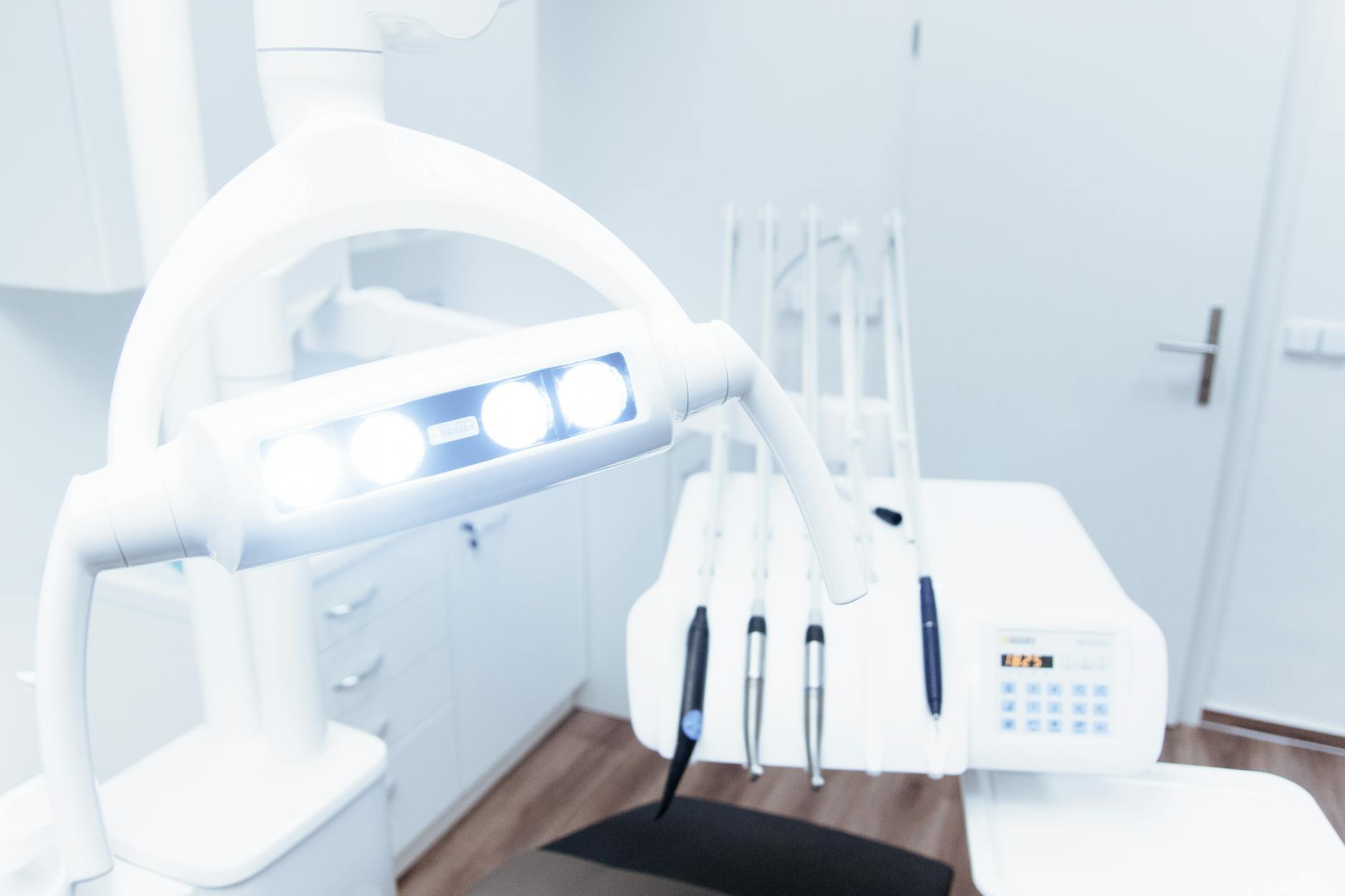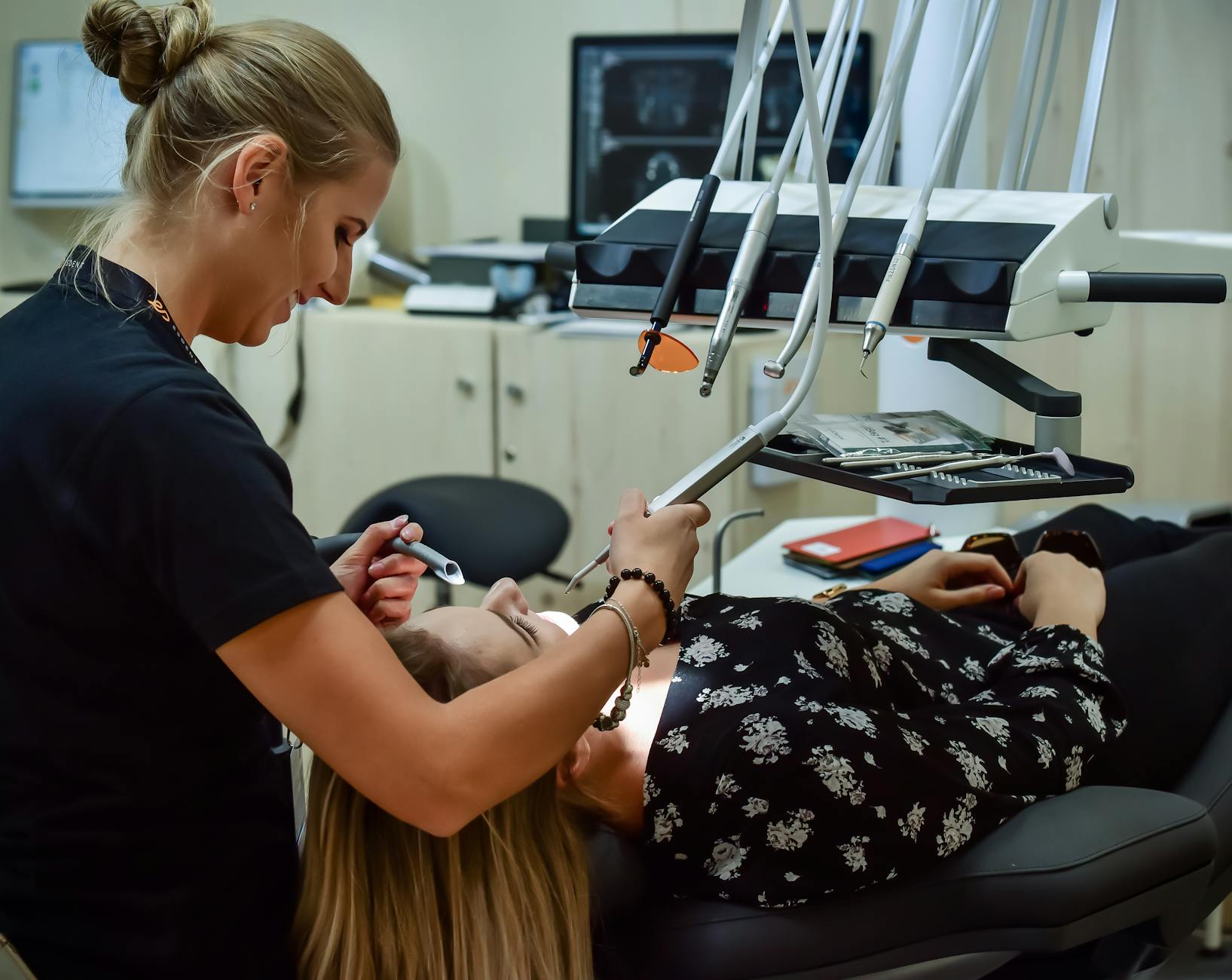
Taking care of your gums is crucial for your overall health. As a periodontist, I often encounter patients who overlook the early warning signs of gum disease, thinking that minor symptoms are nothing to worry about. However, early detection and treatment are vital for preventing more serious issues.
Early Symptoms of Gum Disease You Should Be Aware Of
The early signs of gum disease can be subtle, but recognizing them can make a significant difference in your oral health. If you notice any bleeding while brushing or flossing, it could be an early indicator. Swollen, red, or tender gums are also common symptoms. As a periodontist, I advise patients not to ignore these signs. According to the British Dental Association (BDA), early intervention is key to preventing the progression of gum disease.
Importance of Regular Dental Check-Ups for Healthy Gums
Regular dental check-ups are essential for maintaining healthy gums. Many people only visit the dentist when they experience pain, but regular check-ups can help identify issues before they become severe. During these visits, your periodontist will examine your gums for any signs of disease and provide professional cleanings that remove plaque and tartar buildup. The NHS recommends seeing your dentist at least twice a year for optimal oral health.
Professional Cleanings and Their Role in Gum Disease Prevention
Professional cleanings play a crucial role in preventing gum disease. Even with diligent brushing and flossing, plaque can build up in hard-to-reach areas. A periodontist uses specialized tools to remove this buildup, reducing the risk of gum disease. The Oral Health Foundation in the UK highlights the importance of regular professional cleanings in maintaining healthy gums.
Lifestyle Choices That Can Affect Your Gum Health
Certain lifestyle factors can increase your risk of developing gum disease. Smoking is a major risk factor, as it reduces blood flow to the gums and impairs healing. Poor diet and stress can also contribute to gum health issues. As a periodontist, I advise patients to quit smoking and adopt a healthy lifestyle to support their gum health. The British Society of Periodontology emphasizes the impact of lifestyle choices on periodontal health.
Advanced Symptoms of Gum Disease That Should Not Be Ignored
If gum disease is not treated in its early stages, it can progress to more advanced symptoms. These include persistent bad breath, loose teeth, and receding gums. At this stage, the disease can cause significant damage to the bone and tissues that support your teeth. The UK’s National Health Service (NHS) warns that untreated gum disease is a leading cause of tooth loss in adults.
Treatment Options for Gum Disease From Non-Surgical to Surgical
Treatment for gum disease depends on its severity. In the early stages, non-surgical treatments such as scaling and root planing are often effective. These procedures clean the teeth and root surfaces to remove plaque and tartar. For more advanced cases, surgical treatments like flap surgery or bone grafts may be necessary. Regular follow-up appointments with your periodontist are crucial to ensure the disease does not return. The British Dental Association provides guidelines on effective periodontal treatments.

How Gum Disease Can Impact Your Overall Health
Gum disease doesn’t just affect your mouth; it can impact your overall health. Studies have shown links between periodontal disease and conditions such as heart disease, diabetes, and rheumatoid arthritis. Inflammation in the gums can contribute to inflammation in other parts of the body. The British Heart Foundation notes that maintaining healthy gums can reduce the risk of these systemic diseases. As a periodontist, I stress the importance of oral health for overall well-being.
Essential Oral Hygiene Practices to Prevent Gum Disease
Preventing gum disease starts with good oral hygiene practices. Brushing your teeth twice a day, flossing daily, and using an antiseptic mouthwash can help keep your gums healthy. Regular dental visits are also crucial. The NHS advises that maintaining a consistent oral hygiene routine can significantly reduce the risk of developing gum disease. As a periodontist, I recommend using a soft-bristled toothbrush and replacing it every three to four months.
Role of a Periodontist in Maintaining Your Dental Health
A periodontist specializes in the prevention, diagnosis, and treatment of periodontal disease. They also perform dental implant procedures to replace missing teeth. As a periodontist, I work closely with patients to develop personalized treatment plans that address their specific needs. Regular visits to a periodontist can help ensure that any issues are caught early and treated effectively. The UK’s General Dental Council (GDC) highlights the importance of specialized care in maintaining oral health.
Advances in Periodontal Treatments You Should Know About
Advances in periodontal treatments have made it easier to manage and treat gum disease effectively. Laser therapy, for example, is a minimally invasive option that can remove infected tissue and promote healing. Digital imaging and 3D printing have also revolutionized dental implants, making them more precise and successful. The UK’s Dental Health Foundation highlights these innovations as key to improving patient outcomes. As a periodontist, staying updated on these advancements allows me to provide the best care possible.
Importance of Educating Patients About Gum Health
Educating patients about periodontal health is a critical aspect of my role as a periodontist. Many people are unaware of the importance of their gums and how to care for them properly. Providing educational resources and guidance helps patients take control of their oral health. The British Society of Periodontology offers valuable information and resources for patients. Regular visits to a periodontist ensure that patients receive personalized advice and care tailored to their needs.
Building a Strong Relationship with Your Periodontist for Better Health
Building a strong relationship with your periodontist is essential for long-term oral health. Open communication and trust between patient and periodontist lead to better outcomes. Patients should feel comfortable discussing their concerns and following the recommended treatment plans. As a periodontist, I strive to create a supportive environment where patients feel heard and valued. The General Dental Council (GDC) in the UK emphasizes the importance of professional, patient-centered care.
